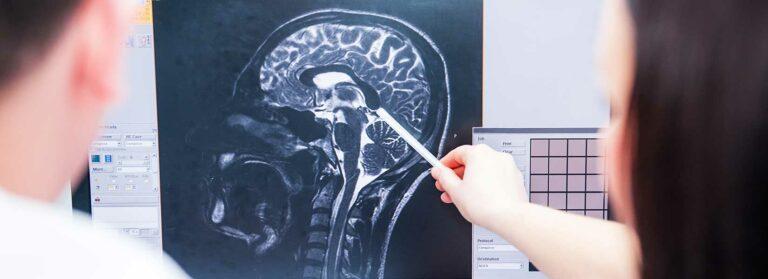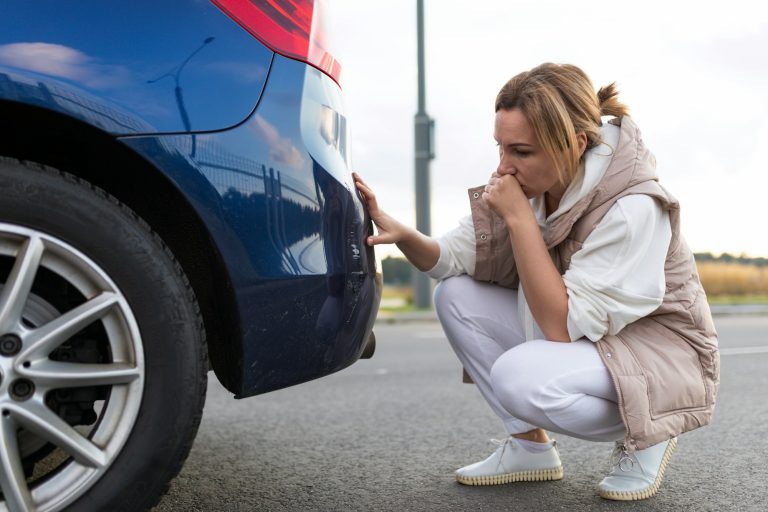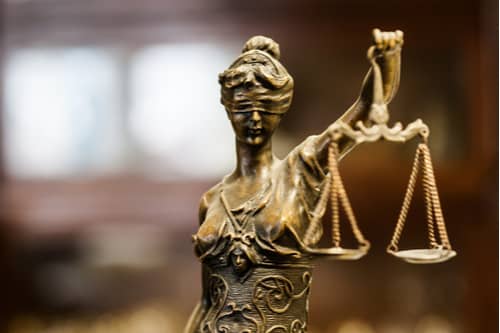- carrollton ga auto accident lawyer, carrollton ga car crash attorney, carrollton georgia attorney, georgia auto accident lawyer
Google’s autonomous vehicle, the driverless car, has a pretty amazing track record. Though it has been involved in a couple accidents, the only one that was caused by the vehicle was very recent. Given its great driving record, it is not difficult to understand why Google is pushing for the early release of the car. Even government officials are hopeful about the vehicle’s future, stating that even the average American does not have a driving record that is so clean. Concerned about what that could mean for Georgia? The driverless might be coming to our state sooner than you think.
Georgia’s Driverless Vehicle
Among all the states in the United States, Georgia has the highest possibility of receiving the first driverless vehicle available for consumer purchase. Amongst all the metro areas in the United States, it is said that Georgia’s roads are the least congested, making it an optimal location to test autonomous vehicles that have passengers on board. Though the concept may be frightening to some, the purpose of the vehicle is not to simply take a passenger from location A to location B; rather, the goal is to create a dual relationship between the vehicle and the human passenger to create trust and to trust driving judgement in the bipartisan relationship. However, what happens in the case of an accident? Does the judgement imply that despite the fact that the person was not driving, he or she will be liable for the accident?
Responsibility in Autonomy
Rest assured that the driver is held responsible. In other words, an autonomous vehicle has a duty to perform its functions correctly and to provide a safe, driving environment not only for the passenger but also the surrounding drivers. Liability will most likely be placed between two entities; either the developer of the software that enables the vehicle to drive autonomously will be held responsible, or the car manufacturer who has a duty to ensure that the vehicle functions as expected of an ordinary automobile will be held responsible. In either scenario, the passenger can rest assured that he or she will not be held responsible for a vehicle that he or she did not even drive. The greatest difference drivers can expect to face, however, is a change in insurance coverage. Things that will need to be considered are how injuries will be treated, the compensation provided, and whether both vehicles will be found responsible if two autonomous vehicles crash. For example, if two driverless cars crash into one another, are both vehicles responsible for the accident since they claimed to be autonomous? Also, how will driverless cars view human drivers relative to the safety issues posed by human error?
Contact Us
Understanding fault in an accident involving an autonomous vehicle can be complicated. To help you understand your rights after an accident, contact our experienced car accident attorneys at The Law Office of John B. Jackson.







